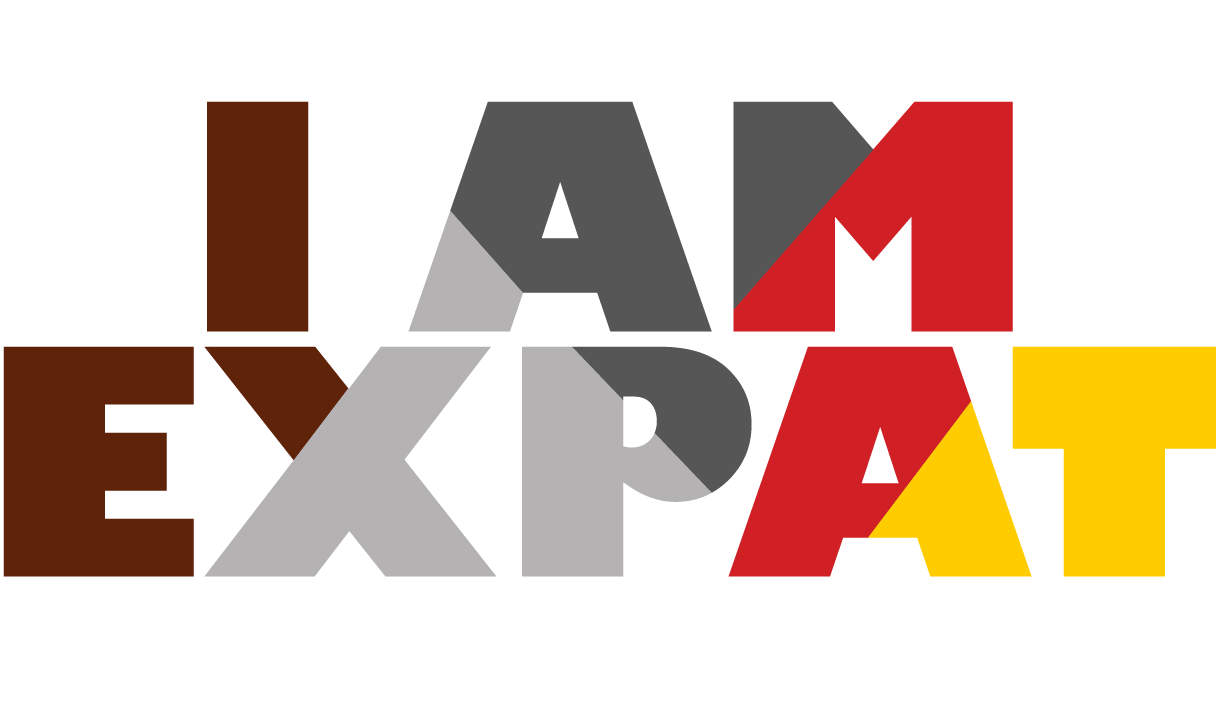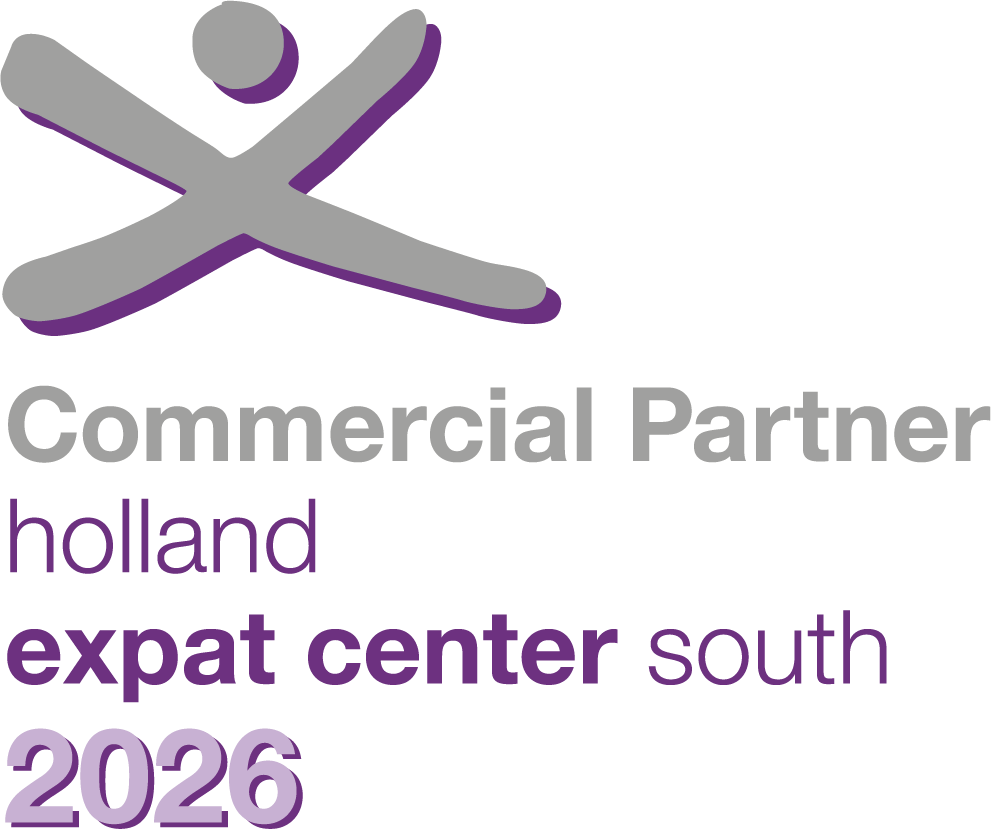Expat Service helps expats with an online tax filing service for their income tax return. Efficient, simple and affordable tax filing whenever and wherever you are in the world. That’s why Expat Service is the intelligent choice for every expat.

A concern a lot of expats have when coming to the Netherlands, is the possibility that they may be taxed twice on the same income, both by the Netherlands as well as their home country.
Luckily, this fear, while common, is very unfounded. Reason being that the Netherlands has made agreements with most countries, to determine the rules for avoiding double taxation. These tax conventions have made it so that, in most cases, there is no possibility of paying double taxes. However, whilst double taxation can be avoided in most cases, it is not as simple as letting 1 country tax all income, purely based on residency. While this is a part of the process, determining tax residency usually only gives us a starting point, so that the other income components may be attributed, to a specific country for taxation.
Even though it is not everything, determining your place of tax residency does give us a starting point in determining your overall tax position. Reason being that in international tax matters, the double taxation conventions needed to be applied. These conventions dictate in which country certain income components may be taxed and how double taxation is prevented. This occurs by first assigning one country to be the resident state, while the other country is viewed as the other state. It is therefore vital to first determine the state of tax residency, before applying any other articles of the convention to your tax position.
Most conventions are modelled after the same “standard convention”. Therefore, in order to determine tax residency, one must first be considered a tax resident in both countries. Otherwise, there would be no conflict, for which the convention needs to be applied.
After this has been concluded, you will need to review a list of factors. The first of these that can only be attributed to 1 of the countries, will determine your eventual tax residency.
After residency has been established, one can then review the applicable articles of the convention (most of which are regarding a specific type of income) and then determine in which of the countries it may be taxed according to their personal situation. This will either be the previously determined resident country, or the other state.
It is very much possible that your country of tax residence, may not tax all your income. A very common example of this is property located in the other state. As most conventions holds the stipulation that property may only be taxed in the country where this property is located. Despite this, in your resident country you are, generally, obligated to report your ‘world income’. This is all income and assets from all over the world. You then prevent being taxed on the aspects that may not be taxed in your resident country, by applying for double taxation relief. You apply for this in your tax return itself. In the Netherlands, this is a separate section of the tax return, usually called “special circumstances”, or something similar.
The method of applying double taxation relief will differ per type of income and per convention. However, in most cases one will only need to specify what part of their income is subject to such relief, and whatever software you are using will automatically know what method to apply. Depending on the type of income, it will either apply a method where it will exempt an amount of the tax due, that is attributable to the exempted income component (often the case for property), or it will ask you to report whatever tax has already been paid on it, so it may be directly off set against what is calculated (usually the case with dividends).
When using the tax return service of Expat Service, we will automatically apply for any possible double taxation relief, when we are drafting your tax return. The draft report we then provide you with, will reflect what component we applied this to as well as how.
Get 100% tax compliant
With our unique portal, you can easily prepare your own income tax returns.
All this in only 3 easy steps.
Expat Service helps expats with an online tax filing service for their income tax return. Efficient, simple and affordable tax filing whenever and wherever you are in the world. That’s why Expat Service is the intelligent choice for every expat.
HQ Netherlands, Stratumsedijk 6 Eindhoven I KvK/CoC 80399673


Expat Service © 2026 All rights reserved.